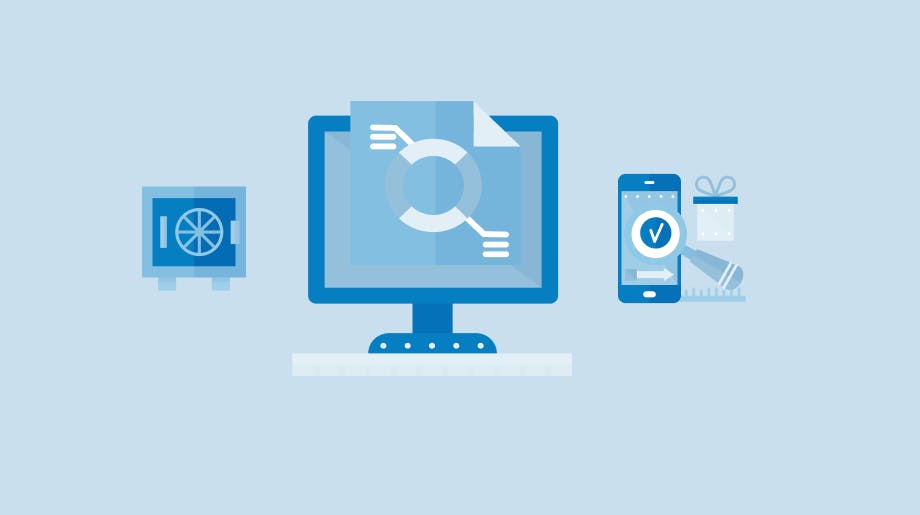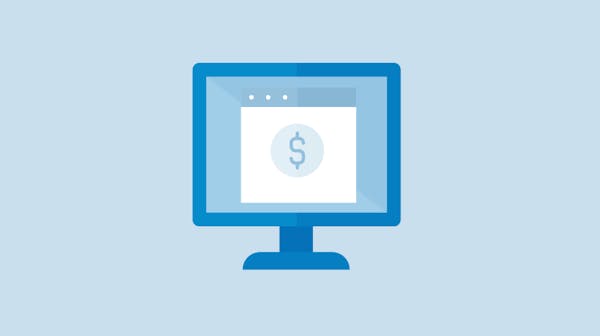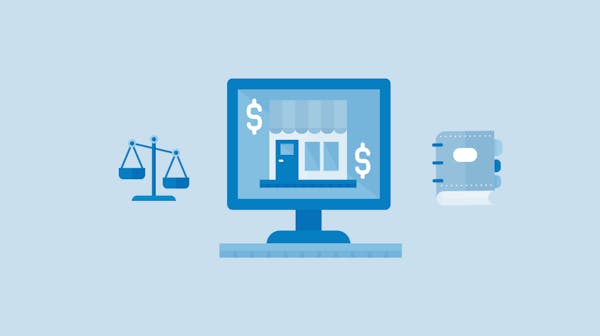In today's modern, technologically advanced world, cybersecurity has become essential for companies of all sizes because their networks and computer systems contain confidential and valuable data. Cybersecurity protects digital systems, networks and data from unauthorized access, theft or damage. As technology has continually evolved over the years, cyber threats have grown along with it, increasing the need for cybersecurity. That's why businesses are increasingly investing in preemptive protection of their online data from theft or damage.
What are the types of cybercrime?
Very often it is fraudulent e-shops and e-mails, where the aim is to extort money from people. These e-shops can often be spotted immediately, warning signs include missing contact details, suspiciously low prices or insecure websites. Identity fraud, where the fraudster impersonates another person, financial data theft or cyber extortion, where money is demanded to prevent an imminent attack, also happens. Other types of cybercrime include copyright infringement or the online sale of illegal goods.
Once cyber criminals seek access to information and data about your business, employees and customers, there are multiple ways they can do so:
- by stealing or gaining unauthorized access to hardware, computers and mobile devices
- infecting computers with malware (such as viruses, ransomware and spyware)
- attacking technology or the web
- attacking third party systems
- spam containing malware
- your employees or customers gaining access to your information

Zdroj: adobe.stock.com
How to protect your business from cybercrime?
Back up all your sensitive data regularly and also update the software on all devices in your company regularly. Use strong passwords and firewall and antivirus software to protect your networks and devices from cyber attacks. Use tools to monitor and detect unusual network activity. This can help identify cyber attacks early on. Limit access to sensitive information to a minimal level; each employee should only have access to data that is essential to their job. Training employees in cyber security is also beneficial as they can prevent many attacks themselves.
Consequences of cyber attacks on businesses
The consequence of a cyber attack can be financial loss, reputational damage, loss of trust with customers, disruption of business operations or loss of customers and employees.
Cyber attacks can be financially devastating for businesses. Immediate costs include remediation efforts such as hiring cybersecurity experts and restoring or replacing compromised systems. Long-term costs can include lost revenue due to business interruption or customer compensation costs. A successful cyber-attack can damage a business's reputation, leading to a loss of trust among customers, partners and investors. The consequence can be loss of business and difficulty in attracting new customers. If customers' sensitive information is leaked, this can lead to a loss of trust. Customers may become concerned about the security of their data and start switching to competitors. There may also be legal action from affected customers. Employees who lose confidence in the security of their workplace may also leave.
Keep in mind that every business, regardless of size, needs to invest in cybersecurity to protect against potential cyber threats.




